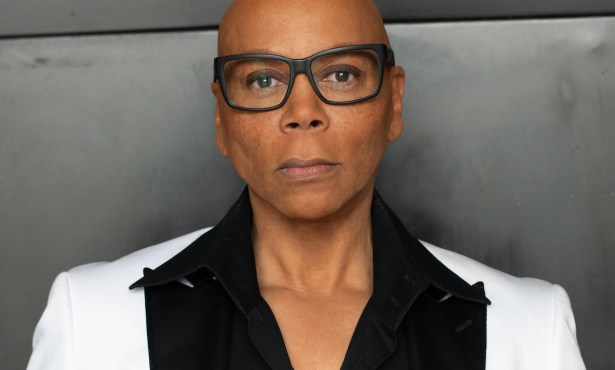‘Chuck’ Ain’t Requiem for a Heavyweight
Film Captures Naturalistic Gritty Graininess of ’70s Movies

A little bit of success can be a dangerous thing. Just ask boxer Chuck Wepner, the great white hope who managed to last 15 rounds with Muhammed Ali in 1975. Wepner, a human punching bag known as the Bayonne Bleeder, is the quintessential big messy mook from New Jersey for whom we are supposed to root because he’s got a big heart. He also happens to be the true story behind Sylvester Stallone’s Rocky Balboa. Wepner, we learn in Chuck, failed to make a dime off Rocky, mostly because he was on one of those Hollywood cocaine binges — accompanied by lots of great disco music and skanky coke whores ready to do the deed on the dance floor — that so many movies about the ’70s seem to be about. The train wreck that was Wepner’s life — at least until he got out of prison and hooked up with the too-good-to-be-true foxy heart-of-gold bartender with a sharp tongue played by Naomi Watts — is as interminable as it is inevitable. Didn’t anyone get out of the ’70s alive? Elizabeth Moss steals the show as Wepner’s not-going-to-take-it-anymore wife, but Chuck ain’t Requiem for a Heavyweight — to which it frequently alludes — nor does it hold a candle to American Hustle, the greatest cinematic celebration of New Jersey mookdom ever. It does, however, capture that wonderfully naturalistic gritty graininess of ’70s movies; the same is true for the wardrobe. Jim Gaffigan goes against type playing a whiney unctuous slime ball and Wepner’s best bud. Moments before the end of the move, Wepner — played with sweaty hair and lots of blood by Leiv Schreiber — says to Gaffigan, “Let’s get out of here.” For those of us in the theater, however, it was already too late.



